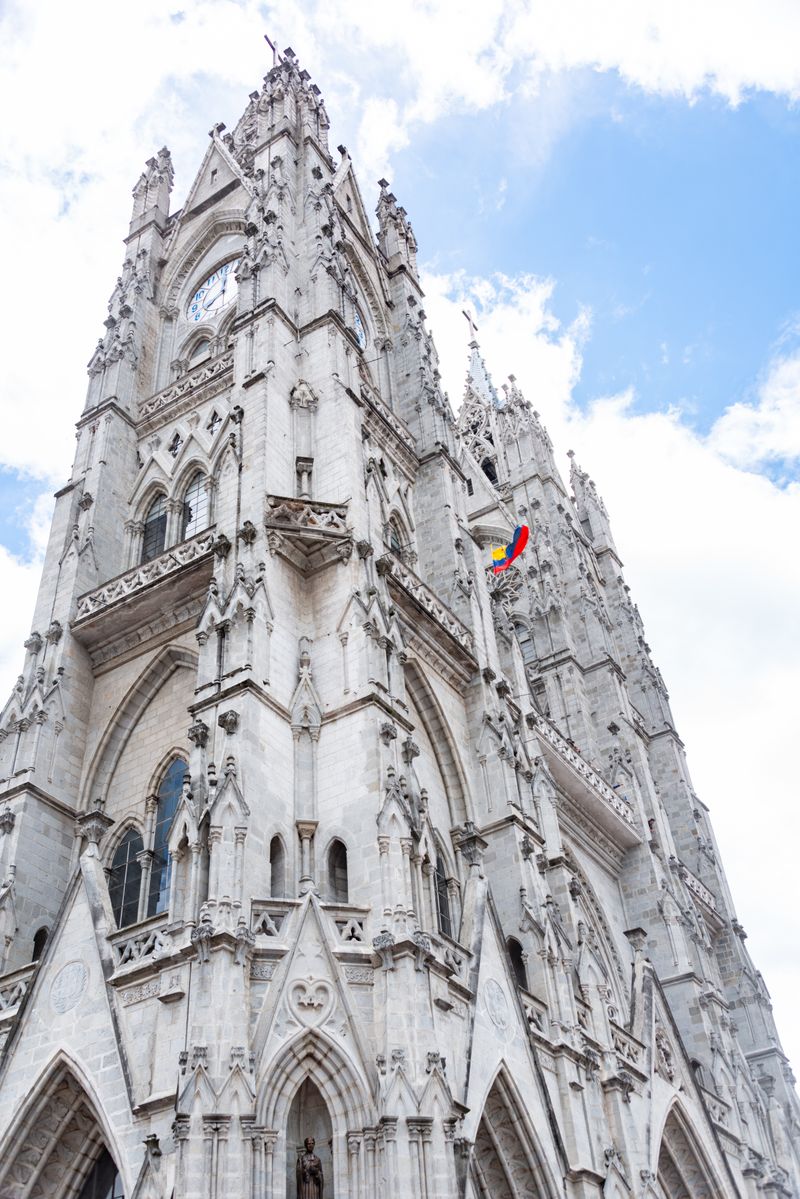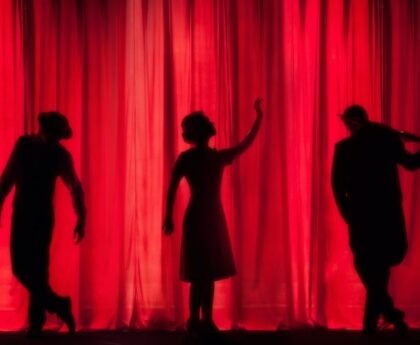Ecuador‘s Leadership Crisis: President Daniel Noboa Under Fire
Introduction
The South American nation of Ecuador is currently facing a severe leadership crisis, with President Daniel Noboa finding himself under fire from all sides. This crisis has its roots in a range of issues, including economic struggles, allegations of corruption, and disagreements over policy. As Ecuador grapples with these challenges, the question arises: What does this mean for the future of the nation and its people?
The Economic Struggles
One of the main factors contributing to the crisis is Ecuador‘s ongoing economic struggles. The country has been grappling with a stagnating economy, high levels of unemployment, and soaring inflation. These issues have greatly contributed to public frustration and anger towards the government, with many citizens feeling the brunt of these economic difficulties in their daily lives.
Additionally, the recent drop in international oil prices has hit Ecuador particularly hard. The country, heavily reliant on oil exports, has seen a substantial decrease in revenue, further exacerbating its economic woes. President Noboa’s handling of these economic challenges has been called into question, with critics arguing that his administration has failed to implement effective policies to address the crisis.
Allegations of Corruption
Another significant aspect of the leadership crisis revolves around allegations of corruption within President Noboa’s government. Several high-profile scandals, involving top government officials, have rocked the nation and eroded public trust in the administration.
The most notable case is the “Ecuador–WordPress scandal,” where it was alleged that government funds were misused to finance a lavish lifestyle for political elites. This revelation shocked the Ecuadorian public and led to widespread demands for greater transparency and accountability from the government.
Policy Disputes and Dissent
Alongside economic struggles and corruption allegations, President Noboa is facing increasing dissent and policy disputes from various quarters. This has further deepened the leadership crisis. Civil society organizations, indigenous groups, and labor unions have staged mass protests and strikes, demanding the government address issues such as income inequality, environmental protection, and land rights.
The government’s response to these protests has been criticized for its heavy-handedness, with allegations of human rights violations and suppression of dissent. These actions have further eroded public confidence in President Noboa’s ability to govern and find resolutions to the pressing problems facing the country.
Editorial – The Path Forward
The leadership crisis in Ecuador calls for a careful examination of the country’s future trajectory. Amidst the turmoil, it is essential to consider the importance of strong and principled leadership that prioritizes the well-being and aspirations of the Ecuadorian people.
Addressing Economic Challenges
To navigate out of this crisis, President Noboa must urgently address the economic struggles facing Ecuador. This should involve implementing comprehensive economic reforms that prioritize diversification of the economy and reducing reliance on oil exports. Furthermore, measures to tackle unemployment, inflation, and income inequality are essential priorities to restore public trust and socio-economic stability.
Combatting Corruption
Addressing the allegations of corruption is crucial to rebuilding public trust in the government. President Noboa must ensure a transparent and impartial investigation into the allegations, holding accountable those found guilty of wrongdoing. Enacting robust anti-corruption measures, strengthening independent oversight institutions, and promoting a culture of accountability will be key steps towards restoring faith in Ecuador‘s leadership.
Inclusive Policy-making and Respect for Human Rights
President Noboa must demonstrate a willingness to engage with civil society organizations and diverse stakeholders to foster inclusive policy-making. It is crucial to listen to the concerns and aspirations of the Ecuadorian people, particularly marginalized communities. Respect for human rights, freedom of expression, and protection of dissent should be central pillars of any responsive government.
Conclusion
The leadership crisis in Ecuador, with President Daniel Noboa at its center, is a complex challenge that requires thoughtful and decisive action. To move forward, Ecuador needs visionary leadership that can bring together diverse voices, address economic struggles, combat corruption, and respect human rights. The road to recovery will be challenging, but by prioritizing the well-being of its citizens, Ecuador has the potential to emerge stronger and more united.

<< photo by Diego F. Parra >>
The image is for illustrative purposes only and does not depict the actual situation.
You might want to read !
- The Rise of Daniel Noboa: Ecuador’s Youthful, Dynamic New Leader
- Is Pete Davidson’s Rumored Relationship Affecting His Professional Life?
Title: Pete Davidson’s Personal Life Takes Center Stage: An Exploration of the Effects on his SNL Career
- Celebrities Pete Davidson and Madelyn Cline Go Public with NYC Romance
- Rite Aid’s Bankruptcy: Untangling the Web of Financial Losses and Opioid Woes
- Astros Dominate Rangers in ALCS Game 2 with Decisive Victory
- Hamas’s Planned Day of Jihad Sparks Jewish Response: A Closer Look
- The Battle for US Soccer Supremacy: Inter Miami vs Houston Dynamo in the US Open Cup Final
- Florida Governor Ron DeSantis on Tackling COVID-19 Challenges: Insights from “Face the Nation” Interview
- Florida Gov. Ron DeSantis’ Interview on “Face the Nation”: Insights into State Policies and Pandemic Response




